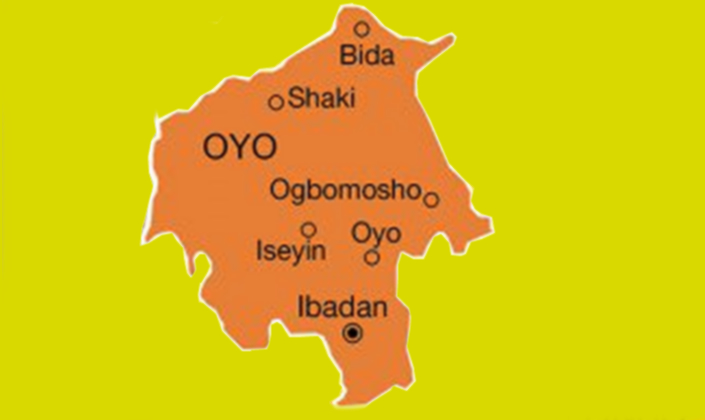The ascension of Oba Akeem Abimbola Owoade to the throne of the Alaafin of Oyo has reignited a long-standing dispute concerning the succession process and the eligibility criteria for the esteemed position. Ten royal families, claiming descent from Alaafin Atiba, a pivotal figure in Oyo’s history, have voiced their concerns about the current chieftaincy declaration, established in 1961, which limits the pool of eligible candidates to just two ruling houses: Alowolodu and Agunloye. These marginalized families argue that this restriction disregards the broader lineage of Alaafin Atiba, unjustly excluding numerous descendants from their rightful heritage and opportunity to ascend the throne. Their plea for inclusion and a revision of the existing declaration underscores a deep-seated desire for a more equitable and representative selection process that honors the historical contributions of all branches of the Atiba lineage.
The crux of the marginalized families’ argument centers on the perceived inequity of the 1961 declaration, which they deem a narrow and unfair interpretation of succession rights. They contend that Alaafin Atiba had a vast lineage, and restricting eligibility to only two ruling houses disenfranchises a significant number of descendants. This, they argue, contradicts the principle of inclusivity and undermines the rich tapestry of Oyo’s royal heritage. They point to the 1976 Adekunle O. Ladeinde Inquiry Commission report, which recommended the establishment of a single Atiba Ruling House encompassing all of Atiba’s descendants, as further validation of their claims. This recommendation, if implemented, would significantly broaden the pool of eligible candidates and ensure a more representative selection process, reflecting the true breadth of Atiba’s legacy.
Tijani Olawoyin, head of the Olawoyin family, speaking on behalf of the aggrieved families, has called upon both the newly crowned Alaafin and Governor Seyi Makinde to address this historical exclusion. He urges them to rectify the grievances of the marginalized families and ensure equitable opportunities for all descendants of Alaafin Atiba. The families emphasize the importance of acknowledging and respecting the contributions of all branches of the Atiba lineage to Oyo’s history and cultural heritage. Their appeal is not merely about access to the throne but also about the preservation of their ancestral legacy and the recognition of their rightful place within the royal hierarchy.
Beyond the issue of succession, the marginalized families also express concern about the evolving role of the Oyomesi, the traditional kingmakers, in the selection process. They highlight a perceived deviation from established norms, specifically the recent consultation of the Ifa oracle in selecting the new Alaafin. Traditionally, the Oyomesi held sole responsibility for choosing the Alaafin, and the introduction of the Ifa oracle, they argue, represents a departure from historical precedent. They point to the selection of Alaafin Adeyemi III in 1970, which occurred without the consultation of the Ifa oracle, as an example of the established practice. Their concern underscores the importance of upholding traditional customs and respecting the historical authority of the Oyomesi in the selection process.
The families listed as marginalized include Olawoyin, Agbonhin (Allah ni yio bo Asiri), Ogo, Adelabu, Adediran, Adesetan, Tella Okitipapa, Tella Agbojulogun, Adesokan, and Abidekun, among others. They represent a diverse cross-section of Atiba’s descendants, united in their plea for inclusion and the recognition of their ancestral rights. Their collective voice underscores the widespread sentiment of marginalization and the urgent need for a reassessment of the existing chieftaincy declaration. They believe that a more inclusive approach to succession will not only address their grievances but also strengthen the unity and cultural fabric of Oyo.
While acknowledging and congratulating Oba Owoade on his ascension, the families urge him to prioritize unity, harmony, and the preservation of Oyo’s rich cultural heritage. They call upon him to work with the state government to revise the 1961 declaration and ensure the inclusion of all excluded descendants of Alaafin Atiba. They also implore Governor Makinde to foster reconciliation with the Oyomesi and address the concerns raised regarding the recent involvement of the Ifa oracle in the selection process. Their ultimate goal is to see a unified Oyo where all branches of the Atiba lineage are recognized and respected, and where the selection of the Alaafin adheres to established traditions while ensuring a fair and representative process.














